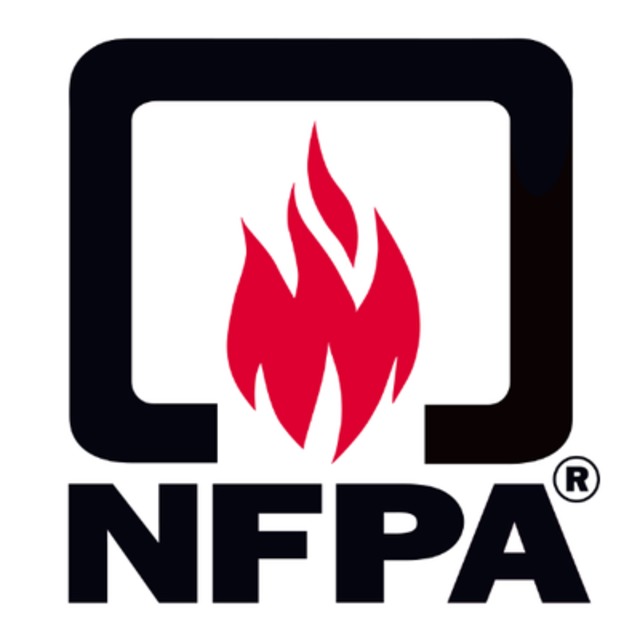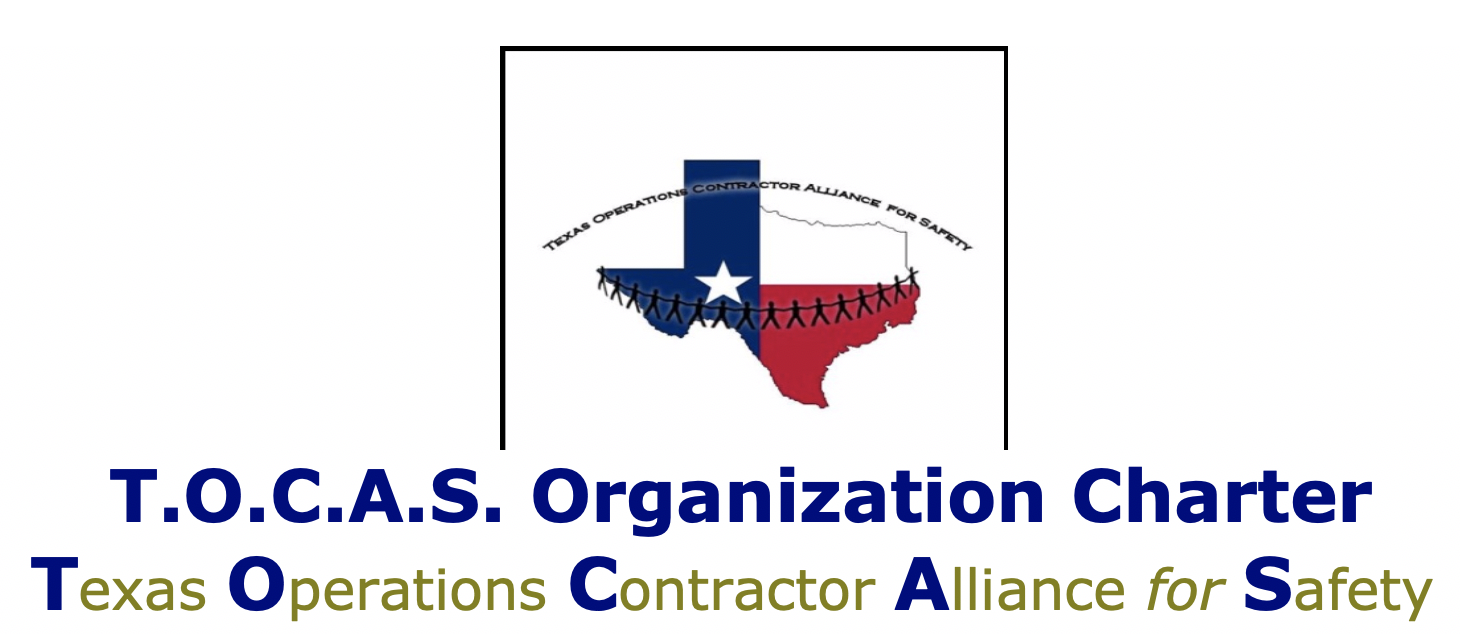We often refer to the ABC Model when discussing "Behavior Based Safety." ABC stands for Antecedent ⇒ Behavior ⇒ Consequence
- An antecedent comes before a behavior and may trigger that behavior.
- A behavior is what/how the individual does an action. (good or bad).
- A consequence is something that follows the behavior (good or bad).
So, an OSHA citation could be considered a "consequence" (i.e., a Latent Organizational Failure) of failing to meet OSHA minimum standard(s). So I ask...
Do OSHA citations change management's behavior?
Let's reflect on a personal scenario of ABC, such as driving.
- The antecedent is that we are running late for an important meeting.
- The behavior is we are driving over the posted speed limit.
- The consequence is we get a speeding ticket.
Getting that speeding ticket is a bit different than the OSHA citations scenario, as this is a consequence of our personal behavior. Did that speeding ticket, we had to pay out of pocket, change our driving behaviors long-term? Did we never speed again?
So, a management team ends up having to use some "company money" (v.s. their own personal funds) to settle citations and possibly even spend some company money on abatement actions. Do these consequences change their behaviors (or attitudes) about safety going forward, either short-term or long-term?













